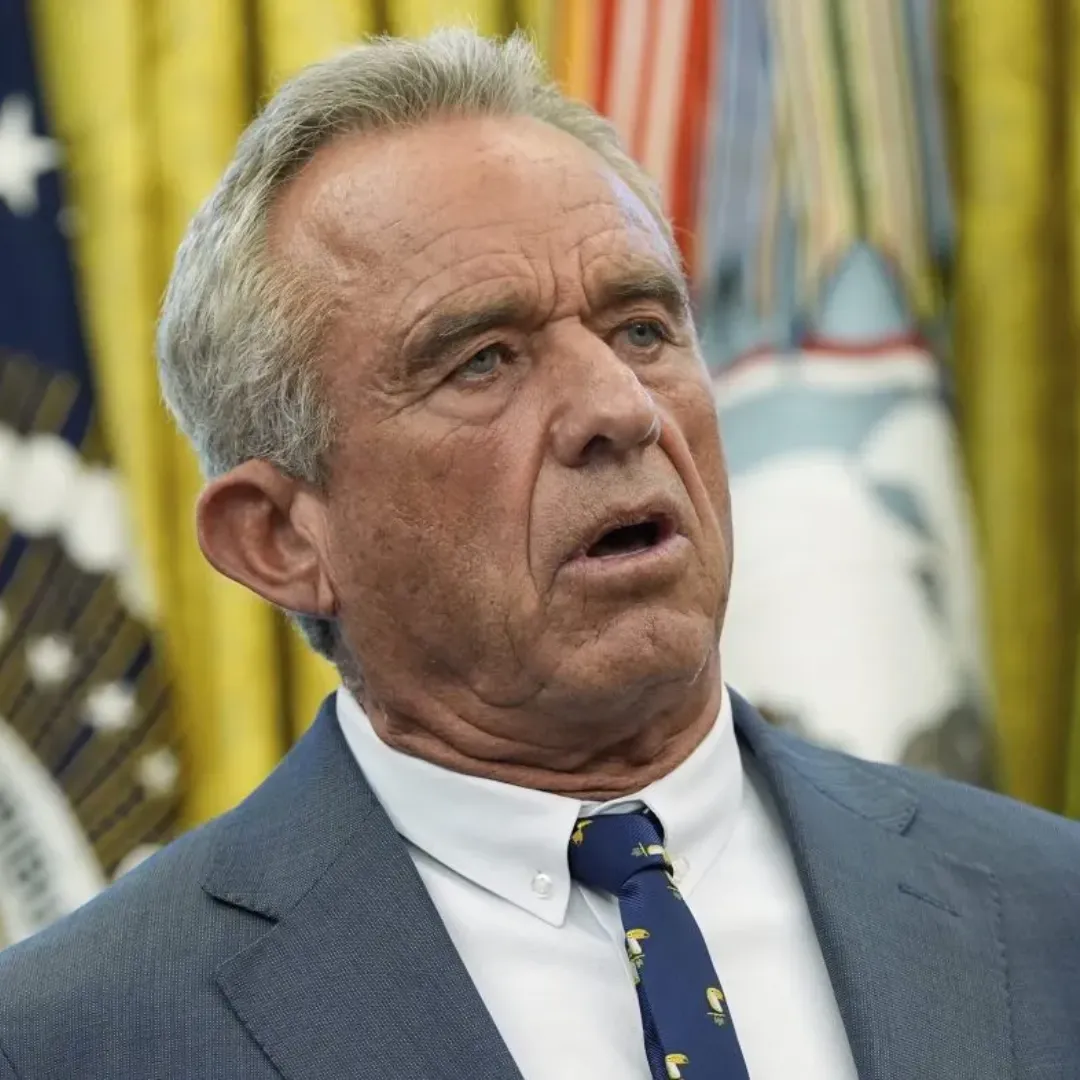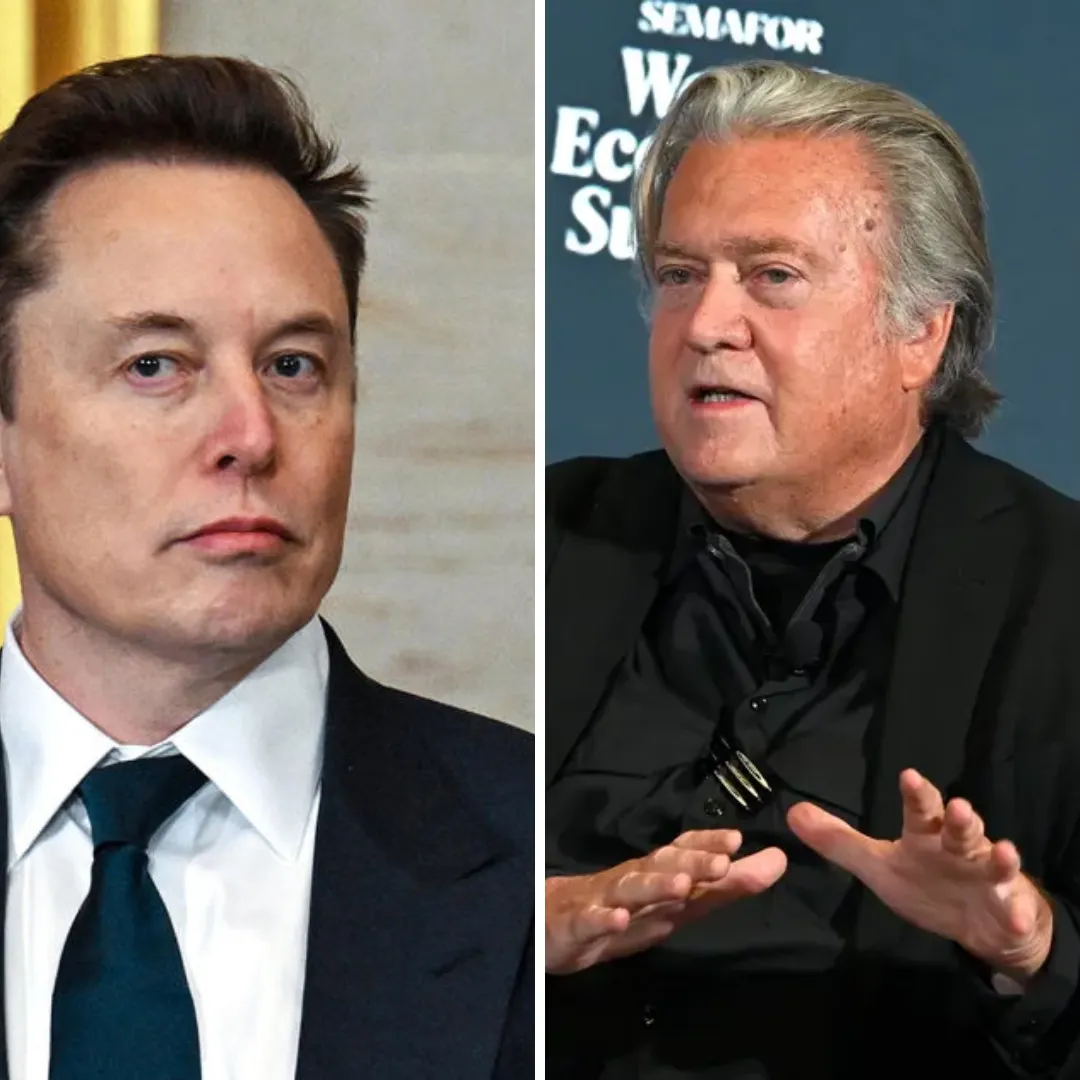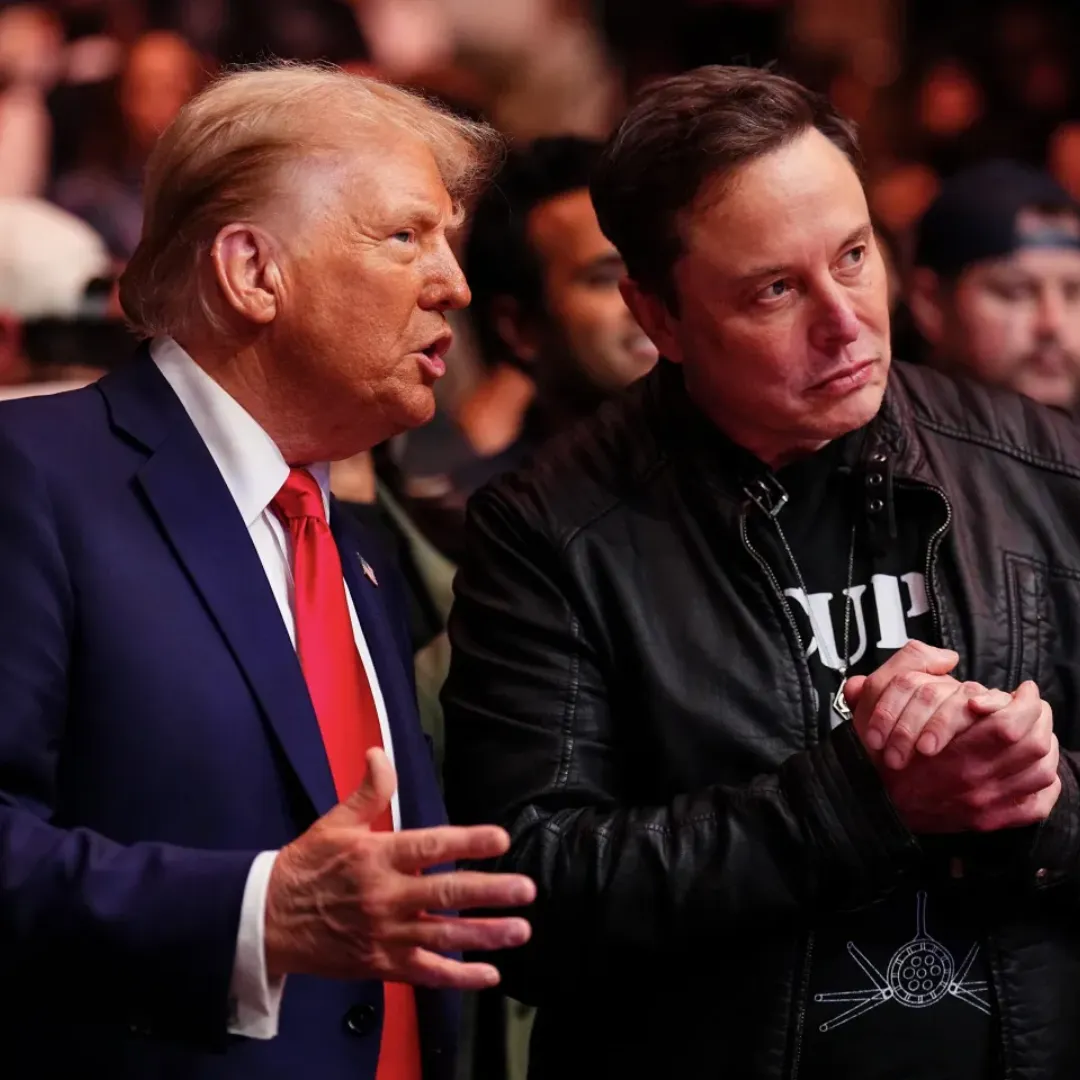
Minnesota Governor Tim Walz delivered his annual State of the State address this week with a message that struck both local and national chords, using the platform not only to call for legislative unity in the face of a looming budget crisis but also to sharply denounce President Trump’s economic and administrative agenda.
Speaking from the House chamber with a sense of urgency and defiance, Walz warned lawmakers of the fiscal storm ahead and condemned what he characterized as chaotic federal leadership driven by political vanity and misguided austerity.
The speech, which ran just under twenty minutes, came at a pivotal moment for both the state and the governor himself. Minnesota’s next two-year budget must include significant cuts to avoid an anticipated $6 billion shortfall, a reality that has forced both Democrats and Republicans into tense negotiations as the May 19 deadline to adjourn the legislative session looms ever closer.
Walz did not shy away from the difficulty of the task at hand, but he positioned Minnesota’s crisis as an opportunity to model functional governance for a nation he says is watching in despair.
Drawing a stark contrast between state and federal leadership, Walz described the political climate in Washington under Trump as one of dysfunction by design. Without naming names for much of his address, the governor ultimately made his criticism unmistakably personal when referencing the former president's latest actions, particularly his revival of tariffs and drastic budget-slashing measures implemented through the Department of Government Efficiency.
That department, now directed by Elon Musk under Trump’s controversial second-term restructuring, has drawn national criticism for prioritizing budget cuts with little regard for public welfare or institutional stability.
"This isn't servant leadership. It's not any kind of leadership at all," Walz said during a particularly fiery segment of his speech. "It's small. It's weak. It's petty. It takes the awesome power of the federal government and turns it into a crude weapon, wielded by a man who wants to be a king." The remarks were met with a mix of applause and silent discomfort, encapsulating the political divide within the chamber.

Walz’s rhetoric, though harsh, was not entirely unexpected. It marked the first State of the State address since his defeat in the 2024 presidential election as the Democratic vice presidential nominee and came during a period in which he has been actively touring Republican-led Congressional districts to highlight dissatisfaction with Trump’s leadership.
While his address was unapologetically critical of federal policies, Walz balanced his national commentary with direct appeals for cooperation at home. He emphasized that despite the deep polarization in Washington, Minnesota’s legislature still had a chance to chart a different course.
“Our legislature is narrowly divided, but I believe we can unify around these ideas of security, opportunity, and freedom,” he told the chamber. “I believe we can continue to make Minnesota the best place in America to live, work, and raise a family.”
Walz proposed a framework of bipartisan priorities, urging lawmakers to focus on shared goals rather than political grievances. Among those goals, he highlighted cracking down on fraud within public assistance programs, an issue that recently exploded into public awareness following the Feeding Our Future scandal.
On this point, he struck a rare note of harmony with Republicans, many of whom stood and applauded as he committed to rooting out corruption and restoring trust in government services.
Still, the partisan divide was impossible to ignore. Republican leaders criticized the governor for what they called a politically charged and counterproductive approach. Representative Harry Niska of Ramsey, a Republican leader in the House, lamented that whatever gestures of cooperation Walz offered were overshadowed by what he described as an angry tirade aimed at Trump.
"It was really unfortunate that while there was maybe not quite an olive branch, but maybe, a few buds of an olive tree given by the governor, most of it was overshadowed by a quite frankly angry rant about Donald Trump,” Niska said.
Nevertheless, Democrats appeared galvanized by Walz’s tone. Senate Majority Leader Erin Murphy praised the governor for drawing attention to what she views as a dangerous erosion of federal responsibility.
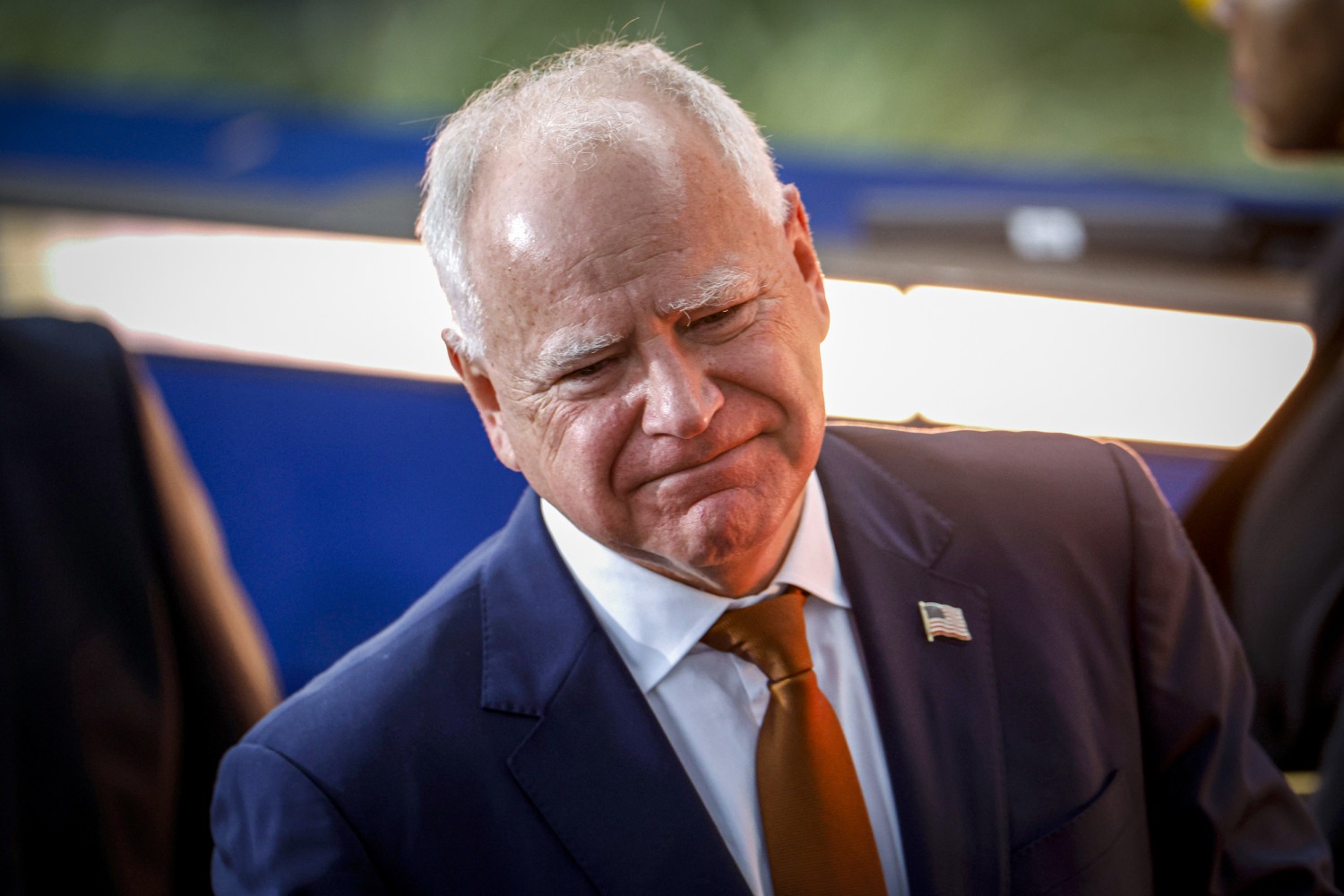
She emphasized that Minnesota, unlike Washington, had taken meaningful steps toward equity and economic support through progressive legislation enacted while Democrats controlled the state capitol. Walz highlighted achievements such as paid family leave and free school meals, pointing to them as examples of practical governance in uncertain times.
As the legislative session races toward its conclusion, pressure is mounting on both parties to produce a balanced budget that reflects the realities of inflation, rising public costs, and diminishing revenues.
Walz’s speech was both a call to action and a clear declaration of his political values. Whether those values will translate into policy breakthroughs over the next few weeks remains uncertain, but the governor made it clear he intends to lead with clarity, if not compromise.
Beyond the immediate policy stakes, the address also raised questions about Walz’s political future. While he has not officially declared his intentions, speculation continues to swirl about whether he will seek a third term as governor or take another shot at national office.
His ongoing national tour and high-profile critiques of Trump suggest a man not content to remain on the sidelines. For now, however, his focus remains squarely on the state he governs and the budget crisis that threatens its fiscal stability.
Walz closed his remarks with a hopeful vision, urging lawmakers to prove that effective governance is still possible even in divided times. “Minnesota can show the country there’s a better way to govern,” he said. In a year where dysfunction has become the norm in national politics, Walz is betting that Minnesota can be the exception.
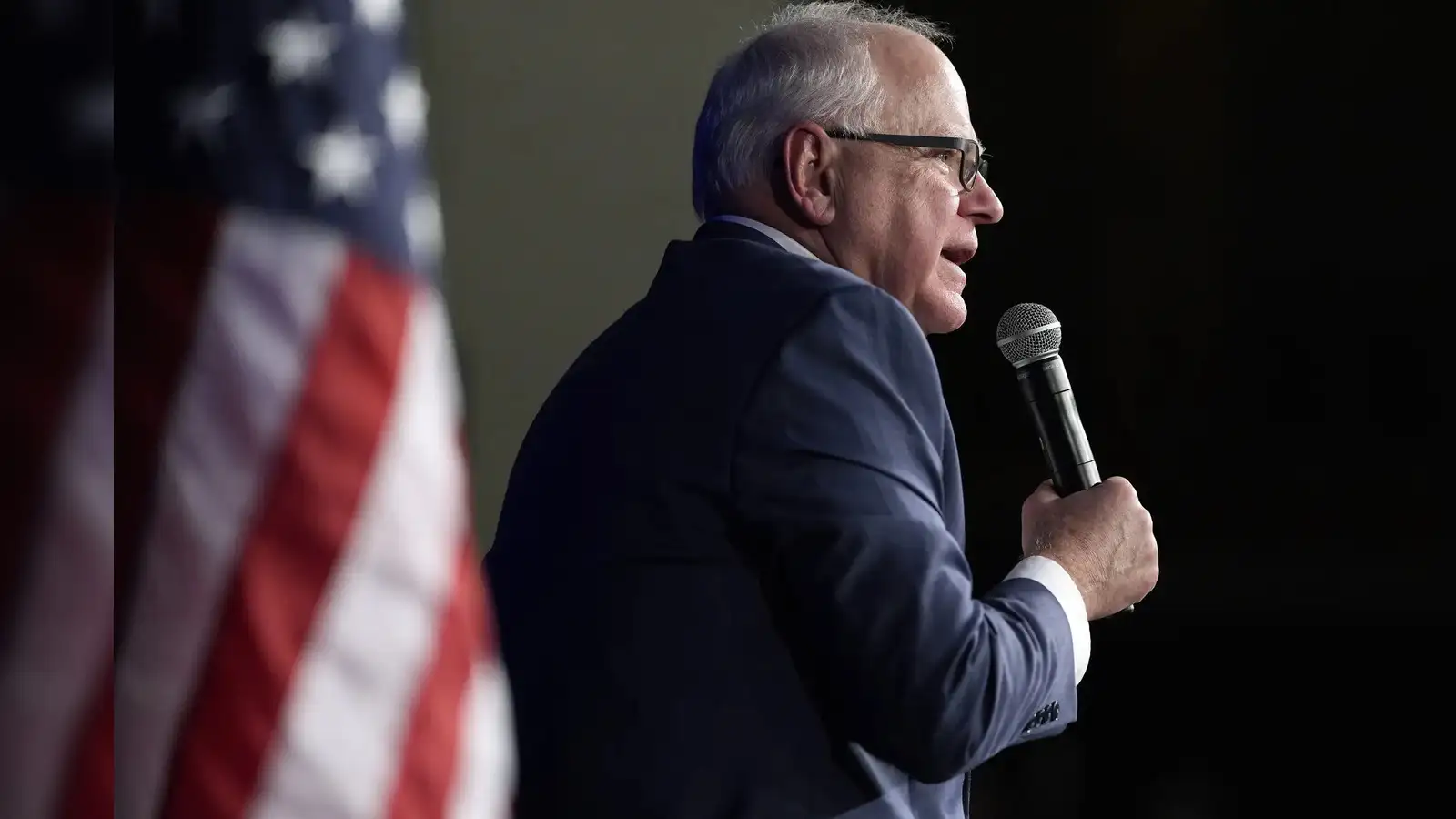
Whether that vision is realized will depend not only on the next few weeks in the state legislature but also on whether the governor’s message of unity can break through the noise of division.

